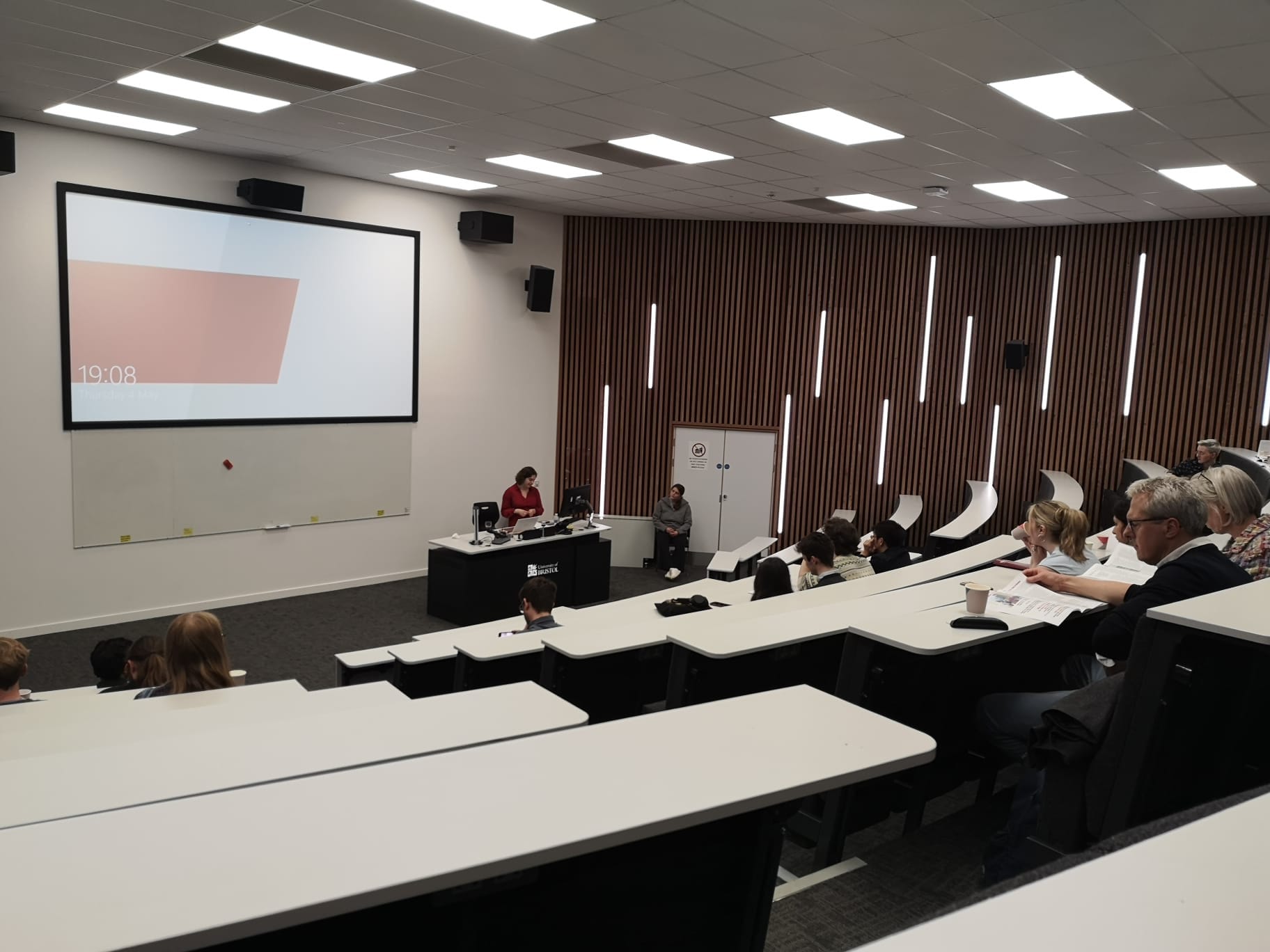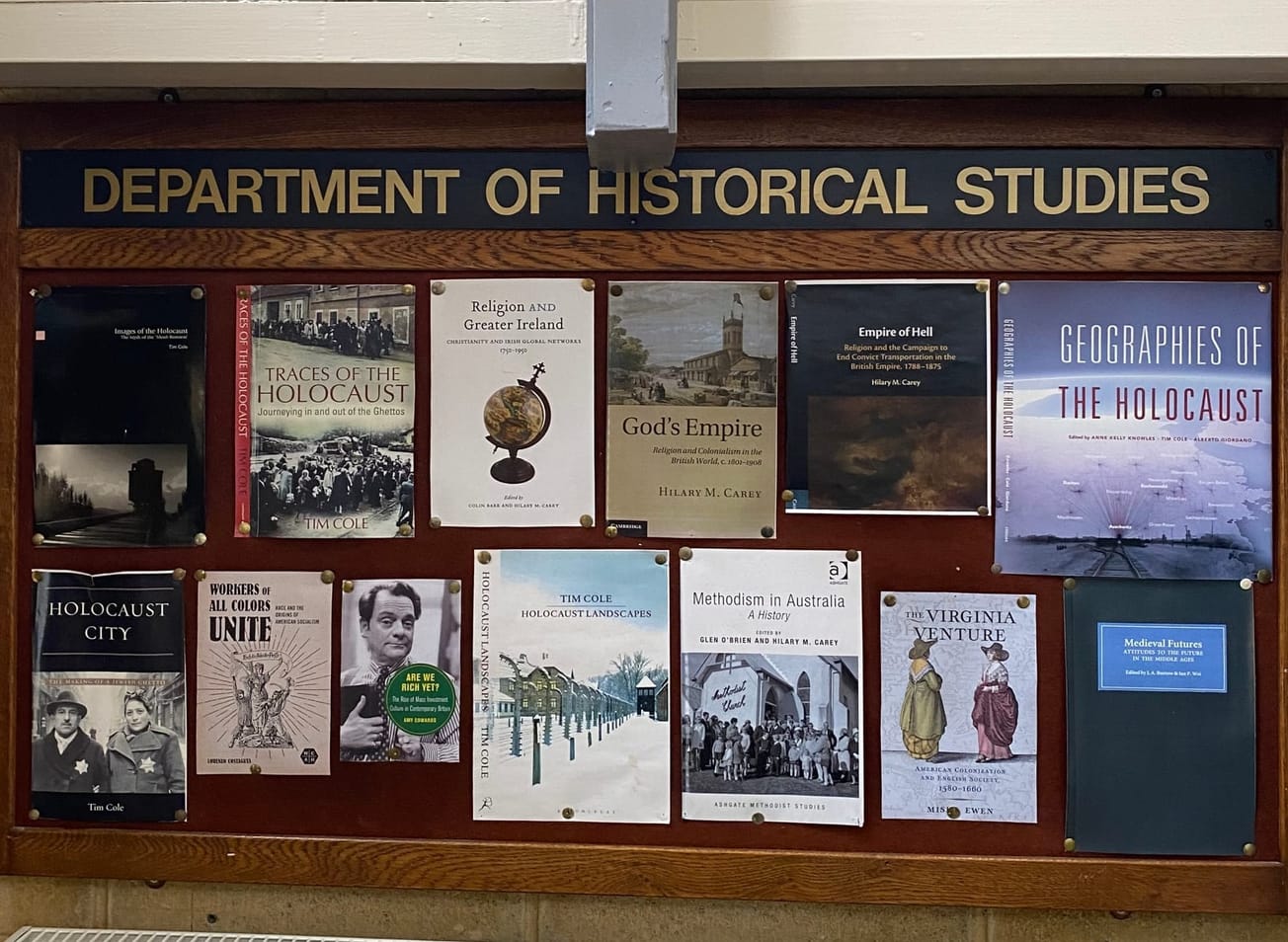By Amelia Jacob, Co-Editor-in-Chief
In an email received by History undergraduate students yesterday, Professor James Thompson announced that there have been 18 misconduct cases this year involving undergraduate History students severe enough for 'referral to a School Academic Misconduct Panel (SAMP) or Faculty Academic Misconduct Panel (FAMP).'
Professor Thompson, Head of History at the University of Bristol, stated that although 'there is no easy way to say this', the department is 'concerned about the number of misconduct cases we’re seeing, from plagiarism to Artificial Intelligence-related offences.'
Although 18 misconduct cases have been referred to SAMP and FAMP this year, the Department advises the total number of misconduct cases relating to 'poor academic practice' is higher, and the number of such incidences is increasing.
Professor Thompson notes: 'Last year, we saw several plagiarism and AI-related cases in finalist dissertations, which resulted in those students being unable to graduate.
'It was extremely difficult for everyone concerned and we are very worried that there will be a repeat if the current trend continues.'

The Department recommends students contact their personal tutor if they are unsure of what constitutes academic misconduct, and their personal tutor or Senior Tutor if they are experiencing personal issues that affect their ability to study.
The University's advice on what constitutes academic misconduct can be found here.
The announcement states it is 'very important' students are aware that the Department of History routinely runs submitted work through plagiarism and AI detection software and the Department routinely refers suspected misconduct cases for investigation.
Even where misconduct referrals to School and Faculty are not initially made, evidence is still collected and can be revisited at any time.
Professor Thompson advises: 'All academic misconduct is a matter of academic judgement. It does not need to be proven beyond doubt. The threshold is a balance of probabilities.'
A University of Bristol spokesperson said: 'Although cases of academic misconduct are rare at the University of Bristol, it is important that we uphold the integrity of our degrees with robust systems that defend academic merit.
'In this case, only a very small proportion of pieces of work were pulled up as potential misconduct, and they were all investigated thoroughly.
'We regularly remind our students what does and what doesn’t constitute misconduct and we have several resources available to help them.
'Every school has an online academic integrity training course which all students are encouraged to complete. Our study skills team have also prepared this dedicated resource on AI which is available to every student. We have also made available this page on academic integrity. Students who are still unsure should talk to their tutors.'
Image courtesy of Amelia JacobWhat do you think about the increase in academic misconduct cases this year?







